Health 2.1
Health behaviors. The student understands that personal health decisions and behaviors affect health throughout the life span. The student is expected to:
- (1) Personal/interpersonal skills. The student understands healthy and appropriate ways to communicate consideration and respect for self, family, friends, and others. The student is expected to:
- (2) describe how to effectively communicate;
- (A) express needs, wants, and emotions in healthy ways;
- (B) explain the benefits of practicing self-control;
- (C) describe how to effectively respond to bullying of oneself or others; and
- (D) explain the benefits of treating friends, teachers, family members, and peers with respect.
- (E) Personal/interpersonal skills. The student demonstrates critical-thinking, decision-making, goal-setting and problem-solving skills for making health-promoting decisions. The student is expected to:
- (3) explain steps in the decision-making process
and the importance of following the steps;
- (A) describe how personal-health decisions affect self and others;
- (B) list the steps and describe the importance of task completion and goal setting; and
- (C) explain why obtaining help, especially from parents/trusted adults, can be helpful when making decisions about personal health.
- (D) Personal/interpersonal skills. The student understands that bullying behaviors result in negative consequences throughout the life span. The student is expected to:
- (4) identify negative consequences that result
from bullying behaviors; and
- (A) identify ways to respond when made to feel uncomfortable or unsafe.
- (B) explain actions an individual can take when not feeling well;
- (C) describe and demonstrate personal health habits such as brushing and flossing teeth and exercise;
- (D) identify food groups and describe the effects of eating too much sugar and fat such as knowing that sugar causes dental cavities;
- (E) identify healthy and unhealthy food choices such as a healthy breakfast and snacks and fast food choices;
- (F) define stress and describe healthy behaviors that reduce stress such as exercise;
- (G) describe the importance of individual health maintenance activities such as regular medical and dental checkups; and
- (H) describe how a healthy diet can help protect the body against some diseases.
- Free Plan
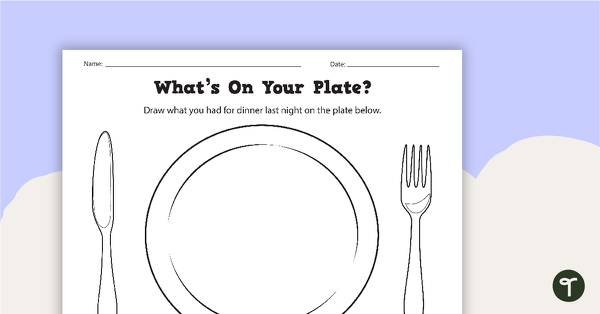
What's On Your Plate Worksheet
A worksheet that helps students reflect on their eating habits.
- Plus Plan
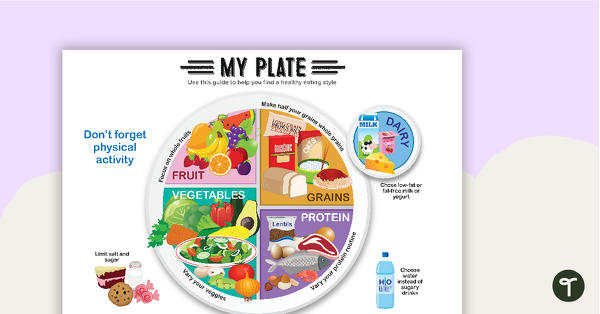
My Plate - Healthy Eating Guide
A simple my plate guide to encourage good nutrition.
- Plus Plan
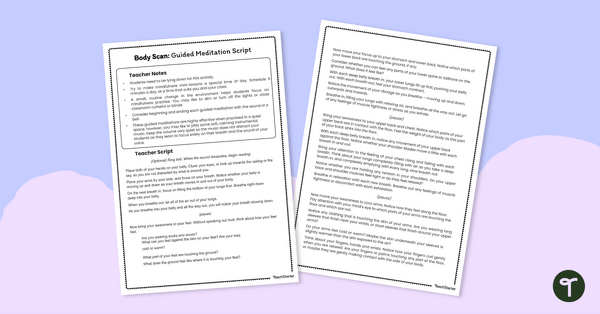
Breathing Colors – Guided Meditation Script for Kids
Print a guided meditation script for teachers to lead your students through a breathing colors meditation exercise.
- Plus Plan
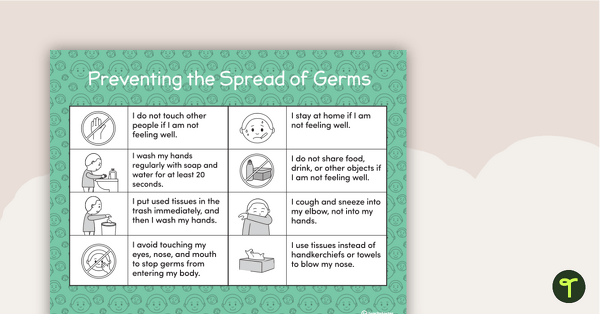
Social Stories – Preventing the Spread of Germs
A social story to assist students in preventing the spread of germs.
- Plus Plan
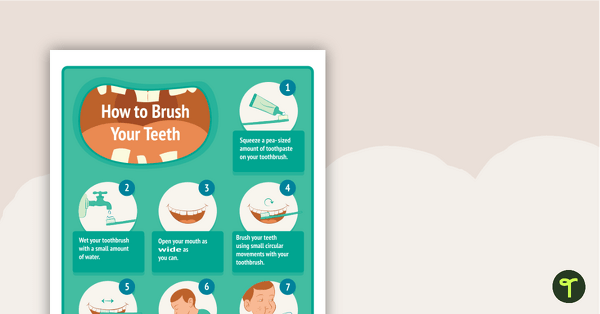
How to Brush Your Teeth - Poster
A poster explaining the proper way to brush your teeth.
- Plus Plan
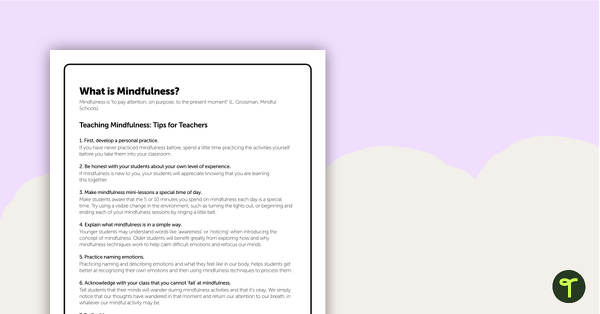
Mindfulness Teacher Information Sheet
New to teaching mindfulness? Read our information sheet with tips on how best to incorporate it into your classroom.
- Plus Plan
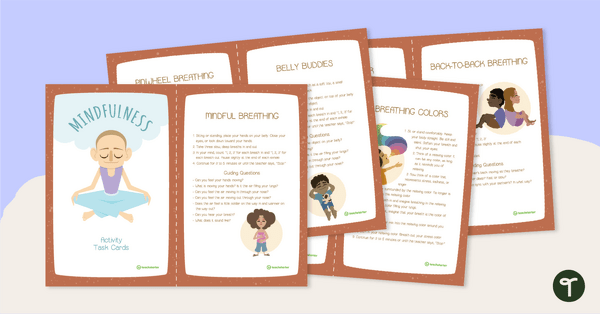
5 Minute Mindfulness Meditation Activity Task Cards for Kids
Bring 5-minute mindfulness meditation into the classroom and your social and emotional learning with these 17 printable activity cards for kids.
- Plus Plan
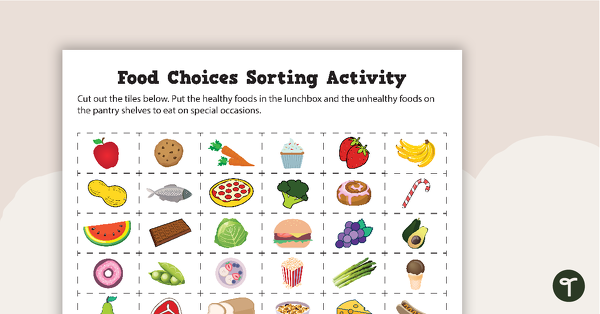
Food Choices Sorting Activity
A sorting activity to help students recognize healthy and unhealthy foods.
- Plus Plan
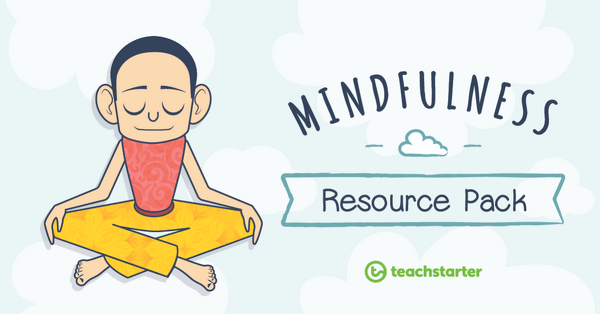
Mindfulness Teaching Resource Pack
A collection of mindfulness teaching resources, including activity task cards, meditation scripts, coloring sheets, and more.